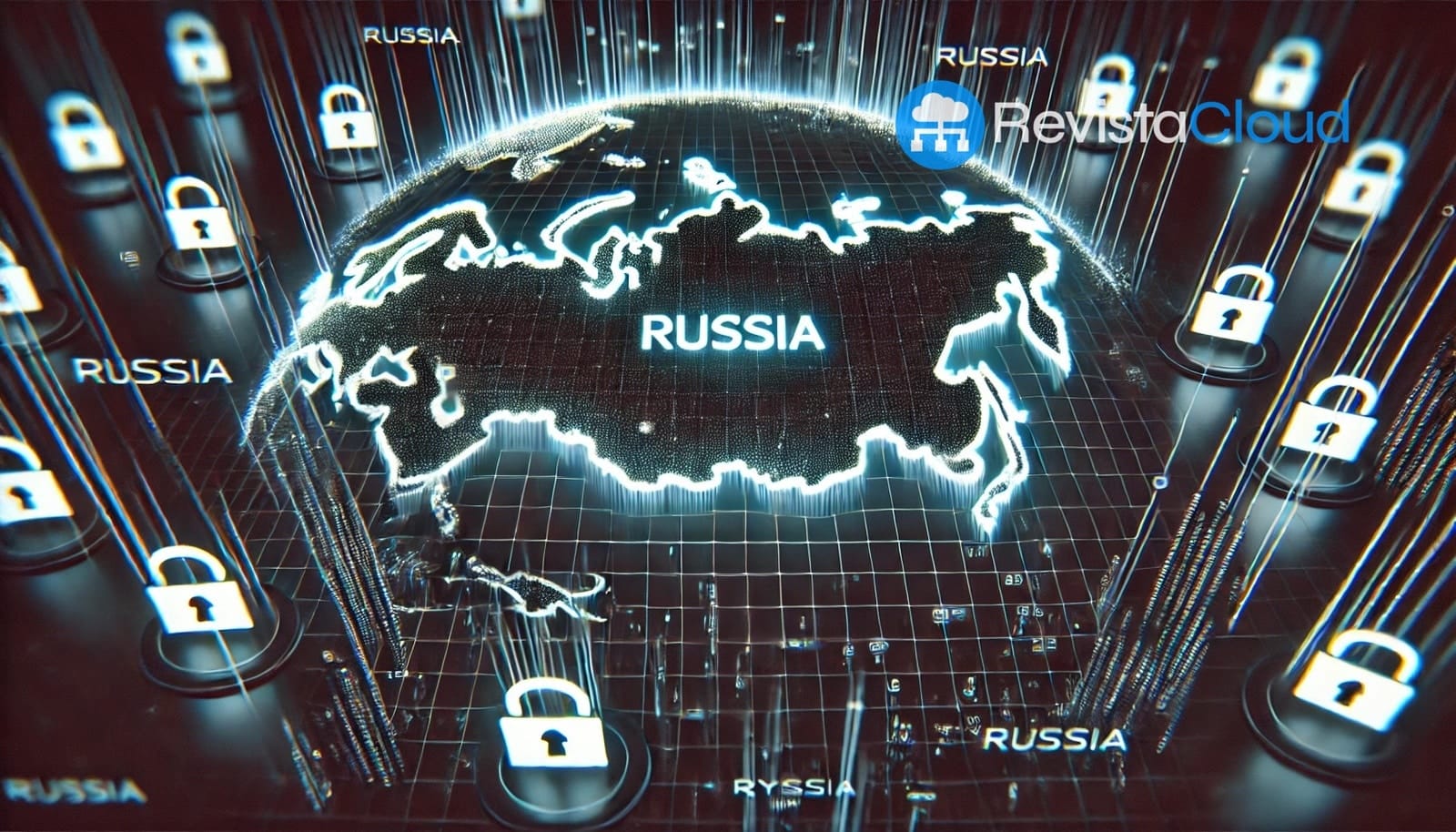Since the start of the war in Ukraine in February 2022, Russia has been seeking ways to reduce its dependence on Western countries, which have imposed numerous economic and technological sanctions on the country. One of the Kremlin’s most ambitious initiatives is the development of its own version of the Internet, known as “RuNet,” which aims to completely isolate Russian citizens from the global network and allow for greater control over access to information.
Tests of VPN Blocking in Various Regions
The Russian telecommunications regulator, Roskomnadzor, has intensified its efforts to block access to websites and services not approved by the government. According to the Institute for the Study of War (ISW), over the past weekend, Roskomnadzor conducted VPN blocking tests that affected several regions, including Dagestan, Chechnya, and Ingushetia. Citizens in these areas, many of which are inhabited by ethnic minorities, reported problems accessing services like WhatsApp, Telegram, YouTube, Google, and even national platforms like Yandex.
Currently, it is estimated that at least 197 VPN services are already blocked in Russia. Although some tools of this type are still operational, their specific number and names remain unknown. These tests aim to assess the effectiveness of the restrictions and pave the way toward a “sovereign Internet” fully controlled by the Russian government.
A “Sovereign” Internet: The RuNet Plan
Russia’s ultimate goal is to create a closed national network that operates independently of global infrastructure. This system, called RuNet, seeks to ensure that Russian citizens can only access sites and platforms approved by the Kremlin. To achieve this, the government has earmarked approximately $648 million to develop technologies that restrict access to the global network and encourage the use of national alternatives.
The authorities have also increased efforts to persuade the population to abandon the use of Western applications and services, favoring platforms developed within the country. This approach not only allows for greater control of information but also reinforces the country’s digital isolation.
Blocking Foreign Providers
On December 7, Roskomnadzor announced that it is considering blocking eight foreign Internet service providers for failing to comply with the country’s censorship laws. Among the providers that could be affected are tech giants like Amazon Web Services (AWS), GoDaddy, and HostGator. The measure is part of an effort to expel companies from the Russian market that do not conform to the strict regulations imposed by the government.
Total Control Under a Technological Disguise
Through these actions, the Kremlin is seeking not only to secure its control over the flow of information within the country but also to customize the browsing experience of its citizens to align with the government’s interests. As this plan progresses, national alternatives to Western services—such as social networks, search engines, and messaging apps—will play a key role in keeping citizens within the Russian digital ecosystem.
Global Implications and the Future of RuNet
The development of RuNet poses serious challenges not only for freedom of expression within Russia but also for the architecture of the global Internet. This closed network model could be replicated by other countries with authoritarian governments, marking a shift in how access to information is conceived worldwide.
While the success of this plan remains to be determined, it is clear that the Kremlin has shown a willingness to allocate significant resources and implement severe restrictions to achieve its objectives. In the short term, blocking tests and digital isolation will continue to shape the technological landscape in Russia, leaving its citizens increasingly disconnected from the rest of the world.

